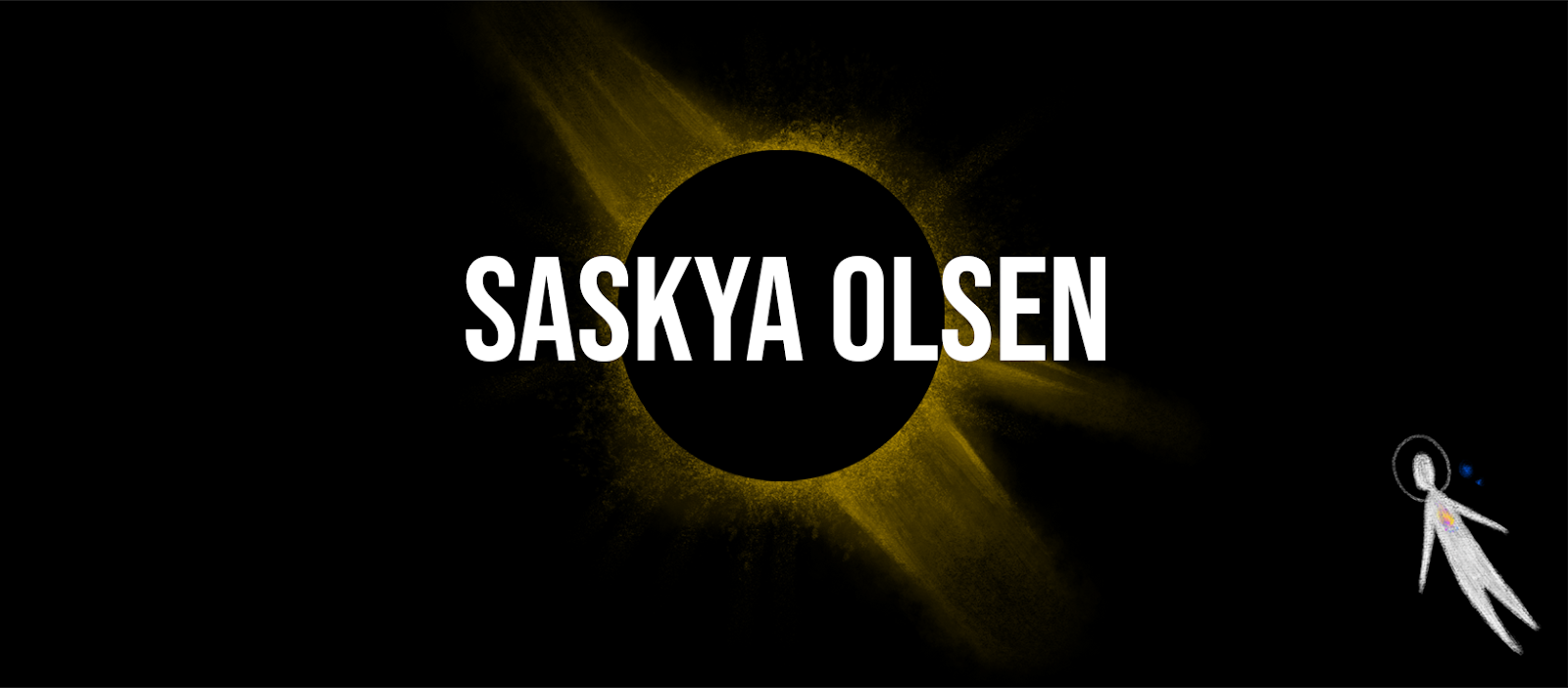Story and the Principles of Screenwriting by Robert McKee
For my upcoming contexts essay, I am required to mention a film as I analyse its characteristics (historical contexts and theoretical ideas). In order to equip myself with adequate tools for breaking down a film source, I decided to read this book. I hope to gain an understanding of what storytellers, directors, producers and the industry in general focus on, and what others believe to be important in a story.
Although this book is part of the 'soundscape' reading list, I think the book covers topics applicable to the contexts essay as well.
Although this book is part of the 'soundscape' reading list, I think the book covers topics applicable to the contexts essay as well.
- "All notions of paradigms and fool proof story models for commercial success are nonsense." p3 I wholeheartedly agree with this comment, but in a society filled with saturated ideas and overused plots, its hard to find unique inspiration and harvest it into an interesting, new story...
- "story is about originality, not duplication." p8 This comment conflicts with other information I have recently read; Walter Benjamin, a respected philosopher, challenged originality and its importance over photographic reproduction.
- "a beautifully told story is a symphonic unity in which structure, setting, character, genre and idea meld seamlessly together." p29 In order to understand this harmony, these tropes must be analysed individually, and then combined.
- "cliché is at the root of audience dissatisfaction" p67 I find this challenging to understand in our current historic position. Why are classics still thoroughly appreciated by younger generations which have grown-up around reheated and stolen ideas, that can sometimes be better than the original? Why is cliché a novelty and enjoyable amongst 'classics'?
- "research of memory, research of imagination, research of fact. generally, a story needs all three." p72 Three areas that will need focus when I choose a subject of analysis for my context essay.
- "AESTHETIC EMOTION. Aristotle approached the question of story and meaning in this way: why is it, he asked when we see a dead body in the street we have one reaction, but when we read death in Homer, or see it in the theatre, we have another? because in life idea and emotion come separately. Mind and passions revolve in different spheres of our humanity, rarely coordinated, usually at odds." p 110 The mention of a recognisable philosopher amongst a discussion towards story was an eye-opening realisation for myself at how much breadth the idea of 'story analysis' has...a little bewildering.
- "The substance of story is the gap that splits open between what a human being expects to happen when he takes an action and what really does happen; the rift between expectation and result, probably a necessity." p179 A ccharacter's response to a trigger is what makes a dead story into a strong one.
Below is an interesting list of steps that Robert McKee has included as a template for analysing a scene



Comments